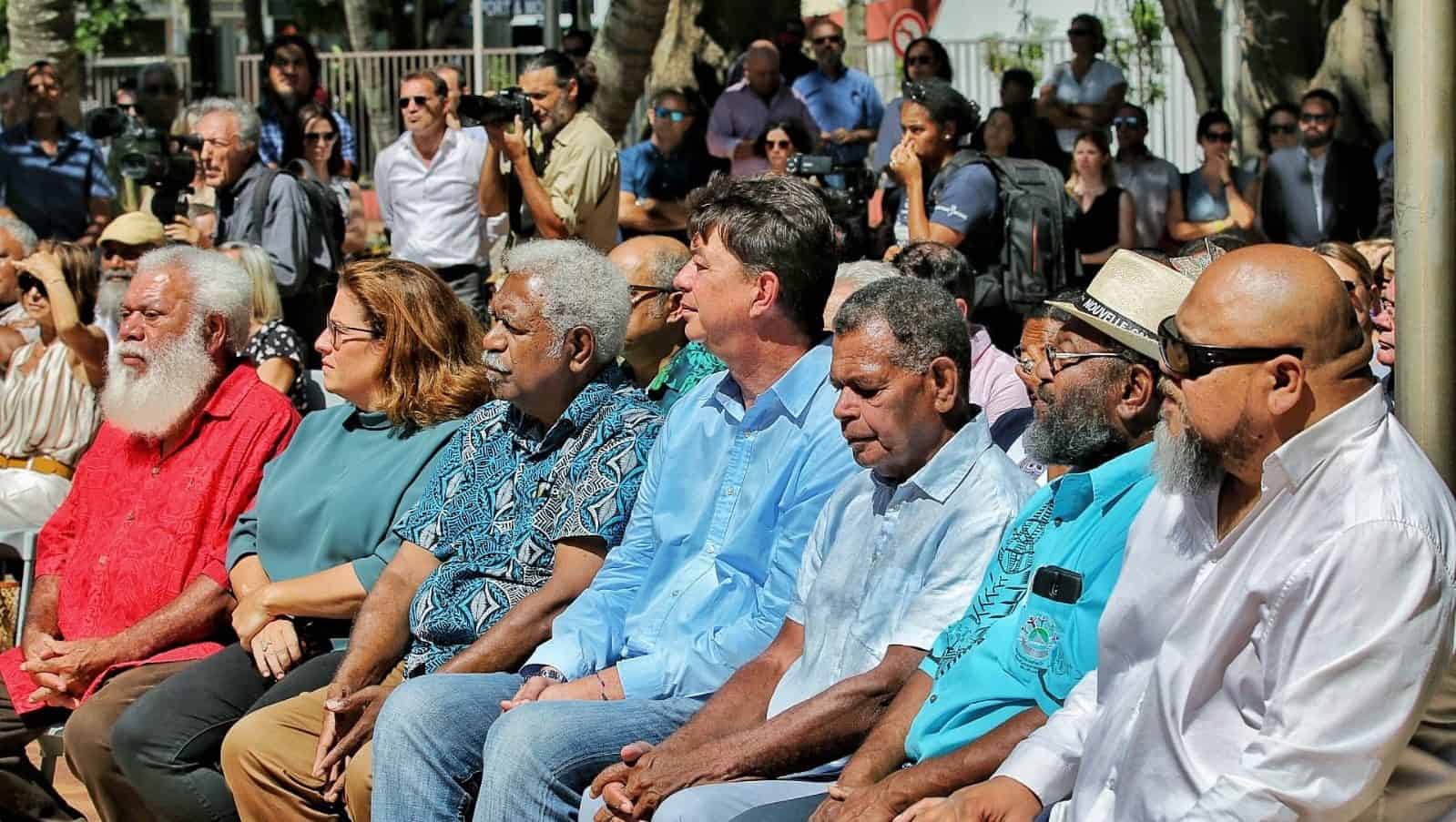25 years after the Noumea Accord
Twenty-five years ago, the French government joined supporters and opponents of independence in New Caledonia to adopt the Noumea Accord – a political agreement that mapped out a transition towards a new political status for the French Pacific dependency.
The agreement was signed on 5 May 1998 by representatives of the French state, the independence movement Front de Libération Nationale Kanak et Socialiste (FLNKS) and . . .
Please Subscribe to view full content...
